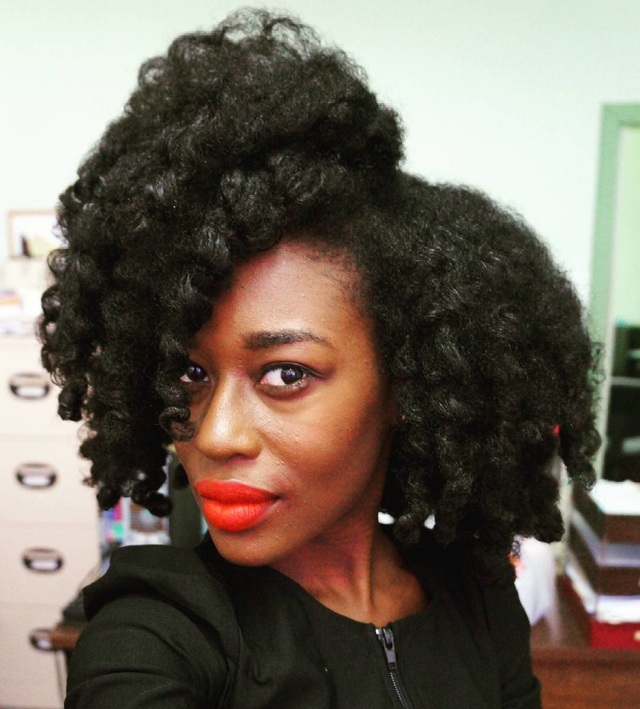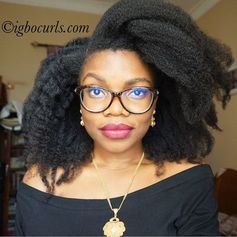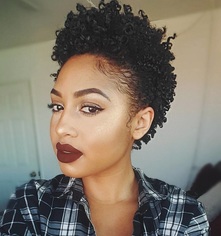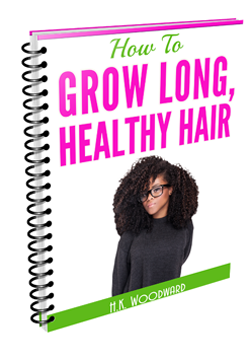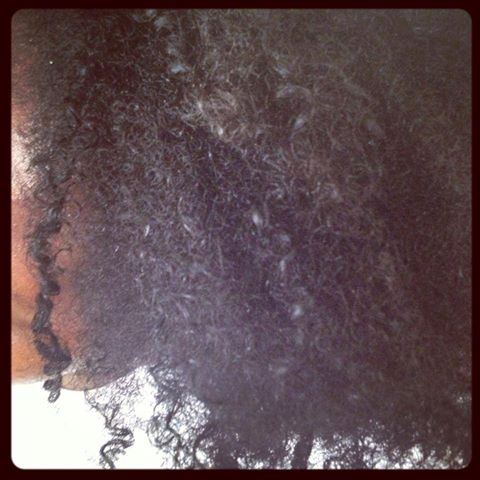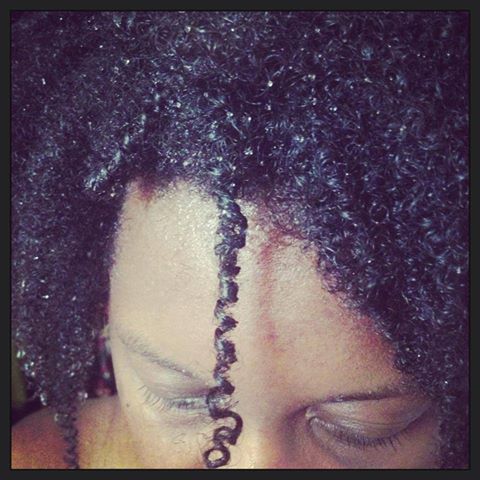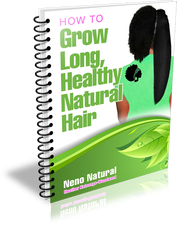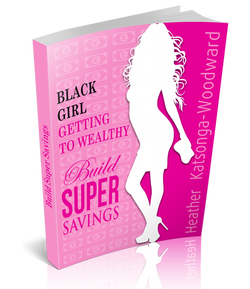|
Natural hair doesn't "like" being handled when it's dry or in fact even when it's very wet. Before detangling your hair you should "plasticize" to soften it and make detangling easier.
What is a plasticizer? It's anything that softens hair and makes it easier to detangle and comb. What products can be used for plasticizing? Water, leave-in-conditioner, a creamy moisturiser, oil and even a little rinse-out conditioner. Basically, anything that makes the hair more slippy. My hair is quite thick and course so I find that thick, creamy moisturisers and leave-in conditioners work best for plasticizing my hair. I usually also follow with an oil to seal. For thin hair you might prefer to use just the oil or a very loose conditioner. How much plasticizer should be added to hair? If you're about to wash your hair, then you can add as much as you want. However, if you just want to detangle and style your hair for the day then use just a little bit. I probably use about a tablespoon's worth given my hair thickness. If your hair's thin you might prefer to use less product so that your hair isn't weighed down. Any other tricks? Why yes, when I am plasticizing my hair for styling rather than before my weekly wash I cover my hair in a shower cap whilst I shower and get ready as it helps my hair soften and makes it far easier to handle.
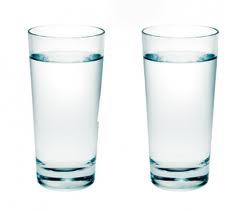
As a natural haired lovely it's likely that you don't want to reach for the next anti-dandruff shampoo to treat your dandruff because it probably contains sulfates and will dry out your hair.
Here are some solutions that you might not know about: 1. Drink more water When the moisture content of the scalp falls below 10% dandruff may result. Dandruff is simple an increase in the rate at which the skin cells on the scalp divide. They are constantly dividing anyway but we only see this process when it becomes accelerated and is revealed through dandruff. 2. Crush a couple of aspirins and stir them into your shampoo Make sure to put the aspirins into the portion of shampoo you plan on using just for that wash rather than to the whole bottle. 3. Wash your hair with baking soda rather than shampoo Dilute the baking soda before application. 1 tablespoon for every litre of water should be enough. This can work quite well for type 1 and type 2 hair, however, type 3 and 4 hair types tend to find this quite abrasive. Asulfate-free shampoo may be the better option for we, the kinky haired. 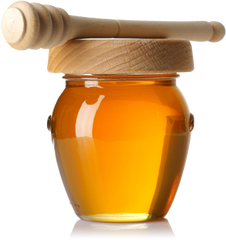
4. Add honey to your conditioner
Honey has antibacterial properties. It can also help to relieve any itching and flaking caused by dandruff. You can use the honey on its own but do know that excessive use of honey can lighten your hair's color. 5. Rinse your hair in lemony water Squeeze the juice from half a lemon into 1 or 2 litres of water and run it through your hair after your wash and condition routine. 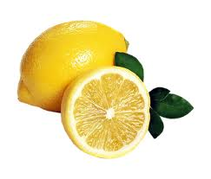
6. Rinse your hair in apple cider vinegar (ACV)
This is an alternative to the lemon rinse. After your wash and condition routine, mix 100 ml of ACV with 1 litre of water and rinse your hair with the solution. 7. Add rosemary essential oil to all your hair products. Rosemary essential oil is one of the ingredients in Neno Natural's Hair Growth Stimulator. It helps to treat dandruff because it has antibacterial properties. You can also add 10 to 12 drops of rosemary essential oil to 30 ml (1 oz) of your favourite oil and massage it into your scalp. You might also like: What Causes Dandruff? 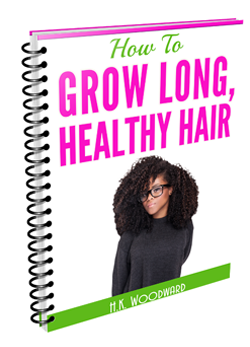
Get your FREE ebook on How To Grow Long, Healthy Natural Kinky or Curly Hair. Ref: 6 Homemade Dandruff Treatments Natural Solutions for Dandruff |
I now blog about wealth creation - so if you have any money questions meet me there, you can do all sorts of cool things like leave me a voicemail.
By Heather Katsonga-Woodward
I was a natural hair blogger and mixtress living between London & Chicago from 2012 to 2017. I always thought I was 4C but some say 4B; images below - you decide! Heather xx Categories
All
Archives
November 2016
|

